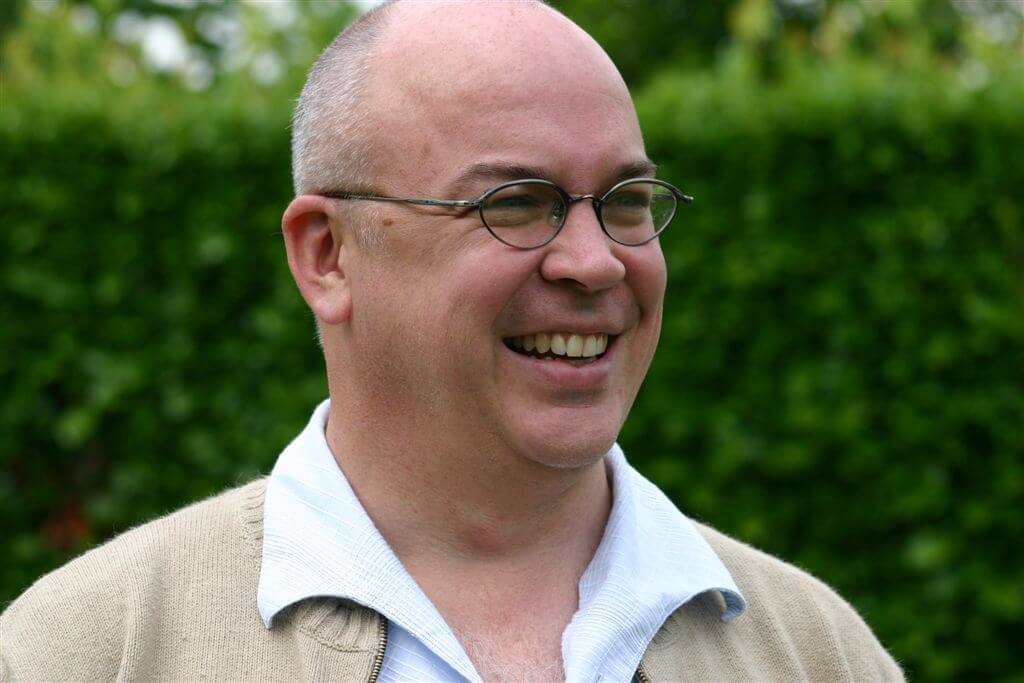
My passions
I’m passionate about science and philosophy, and how they can be used in service of human flourishing, well-run businesses, and a better world for all of us. I have 35 years’ experience in business as a consultant with one of the world’s leading professional services firms and founder of Future Considerations, one of the UK’s cutting edge organizations. I sold the business when I moved to the US in 2008 and today I founded, I write 75% of the time, and speak/ consult/ coach/ teach the rest. My first major book is The Science of Organizational Change was published in 2015 and is among the best-sellers on change.
My books—and my speaking and coaching– are aimed at “the intellectual business person”, the leader who loves the interplay of world-changing ideas and practice. I love to shake things up, provoke, challenge orthodoxy, and debunk myths to help their businesses break new ground with new insights (rather than the well-worn, quick-fix, often-false notions peddled by consultants and business gurus.)
The big ideas I’m developing, and helping people use, that have the power to change lives, businesses, and society are:
- Neo-behaviorism — the new science of changing behaviors that produces changed actions and habits (not just good intentions)
- Evidence-based decision making — the essential revolution in how evidence, i.e. the scientific method, can help us improve lives, make better decisions, change businesses, and transform our politics. (Evidence-based management, and evidence-based policy.)
- Human flourishing — Challenging the happiness culture (“the happiness disease”), and helping people focus on meaning, fulfillment, engagement, and relationships (the roots of well-being). This includes changing the way business operates to one centered on ethical, philosophical principles that promote human flourishing.
- Capitalism 2.0 – Global poverty has decreased from 80% to about 18% over the last 100 years, and lifespans have approximately doubled. The problem is that we will run out of planet sometime this century, and the benefits are increasingly poorly distributed. Regulation is a poor answer, but so is hoping for ethical conduct when the incentives are skewed to heavily against it.
How I got here
I started in the “hard” sciences, math, chemistry and physics, but fell in love with economics and moved to London when I was 20 to work in “the City” (Wall Street). There I put the science to work as a derivatives trader, and then as head of European sales. I snapped up an opportunity to turn from “poacher to gamekeeper” at PricewaterhouseCoopers, specializing in derivatives risk, and then strategy. Time after time, we produced recommendations that clients loved and did nothing with. These disappointments produced an insatiable thirst – how does change really happen? It seemed to be much more than just having bright ideas.
I left the “hard sciences” behind for the world of leadership and change, trained as an organizational psychologist, and moved to PwC’s innovation and change think-tank where we worked hard to develop a systematic approach to innovation and change. We tested our methodologies out on mega projects, sometimes with billion-dollar pricetags. Despite methods that were at the cutting edge, these projects sometimes faltered and sometimes failed. Why? What was missing? That curiosity about change still drives my research today: how do you combine “soft approaches” (values, hearts and minds, emergence), with “evidence-based” approaches?
In 2001, I founded a consulting firm in my living room that grew at 60% a year – Future Considerations’ mantra was “better leaders, better businesses, better world”. Our leadership development programs combined deep internal work with leaders to help them build sustainable and ethical enterprises. This message hit home and we won top-team leadership engagements at four of the top-ten European companies (Shell, BP, HSBC, and Barclays).
Then, in 2008, I returned to the US to raise my very young children close to their grandparents. Upon selling the firm, I became an adjunct professor of business ethics at the Universities of Wisconsin and Denver. Too many problems in the world are studied through a single lens, in the silos that comprise the modern university. As an independent scholar, I can combine and apply research from an incredibly wide range of disciplines: biology, medicine, neuroscience, psychology, sociology, anthropology, philosophy, and economics. As someone with 35 years’ business experience, I realize the greater importance of practical knowledge “know how” over theoretical knowledge “know about”. My mission is to bring those two worlds together.
I live in Colorado with my two sons. When not researching and writing for my next book, or playing with my boys, I do Crossfit, yoga, meditate, play poker, league of legends, chess, tennis, golf, and bridge.